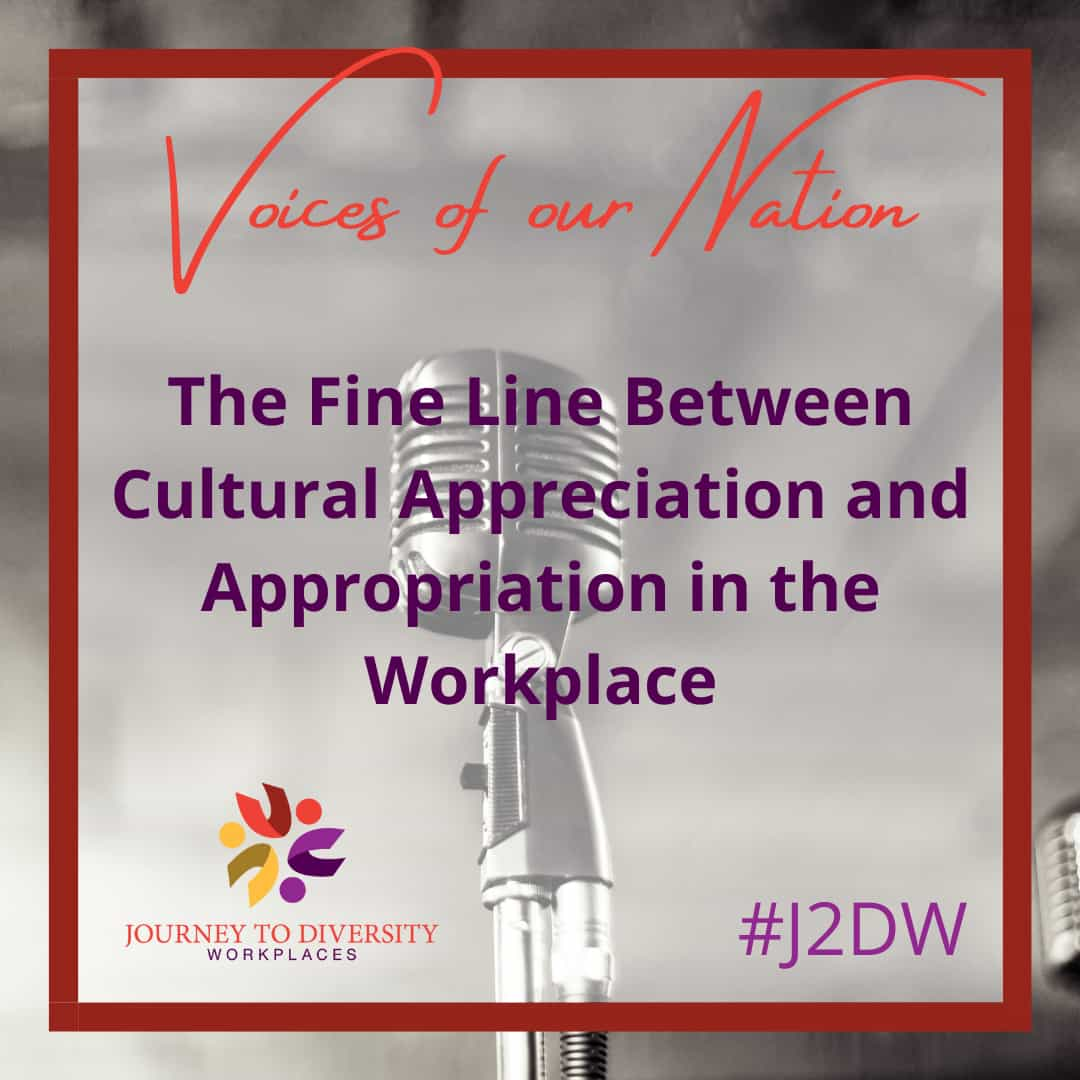Without any prior knowledge of its cultural significance, many companies conduct activities related to other cultures in the name of diversity and inclusion. The social perception within corporations in regard to their view on equity, diversity, and inclusion (EDI) has shifted, from a topic one must oblige to reluctantly while doing the bare minimum, to retaining the same attitude but now with an overzealous tint. When organizations do too little for their racialized and marginalized employees, it sends the message that they don’t value their experiences and perspectives, however, when organizations put on a grand performance of diversity and inclusion, it becomes apparent that they care more about public approval than employee satisfaction. Between this is a delicate balance– but how do we reach it? How do we know the intent aligns with its impact?
Microaggressions in a workplace setting refer to statements or actions, with an intent of malice or due to subconscious bias, that discriminate against a marginalized group member (Falcone, 2023). Comments such as ‘you drive well for a woman’, ‘all Asians are good at Math’, ‘Indian food smells bad’, or ‘but you don’t look gay’, perpetuate harmful stereotypes, disrupt the safe environment that a workplace strives to create, and limits individuals to labels (Falcone, 2023).
Along the same thread, the act of cultural appropriation aims to grasp onto an aspect of another culture for your personal gain without any semblance of respect or knowledge regarding the culture and its customs. In order to bridge this gap between the curiosity of another culture and appropriate actions to honour the culture, we must walk on the path of appreciation. This requires you to educate yourself regarding the culture’s customs and traditions, and its significance, and participate in it with the lens of respect. Unfortunately, such a notion is largely dismissed by the masses, resulting in stories like that of Lakshmi Nair– the founder of the very first POC-owned Yoga studio in the United States of America, Satya Yoga Cooperative (Nair, 2019).
When Lakshmi Nair, an Indian-American woman from Denver, Colorado, was a young girl interested in teaching Yoga, she was met with mounts of microaggressions, racism, and an inevitable alienation from the sacred practices of her own culture (Nair, 2019). Her time as a volunteer at a yoga class soured when she was made to be the subject of comments on her expression of her cultural identity, where every compliment was backhanded and a stab at the stereotype of the social and political dynamics in India (Nair, 2019).
Many white Yoga teachers used sacred Hindu deities for their end-of-the-year skits. When Lakshmi spoke out about the utter disregard and disrespect of Hinduism that it reinforces, her concerns were ignored and invalidated (Nair, 2019). In another instance where she witnessed racism and microaggressions towards Black people, as perhaps the only person of colour in the room, she felt compelled to speak out, which resulted in her getting fired from the Yoga studio (Nair, 2019). Despite it not being their community, many people of colour, like Lakshmi, risk their careers by standing up in the face of adversity and prejudice as they realize this directed behaviour is often synonymous with any person of colour, regardless of race.
Due to these experiences, many marginalized and racialized individuals feel ostracized in their work environment, leading to a disconnection between them and their colleagues, their boss, their relationship with employment, and most importantly, their relationship with their identity. A loss of self-identity can trigger severe mental health issues, leading to a lack of pleasure in life, and often, depression. Feeling like they are not ‘Black enough’, ‘gay enough’, ‘too feminine’, or ‘too Indian’ distorts a person’s view of their intersectionalities. Witnessing cultural appropriation makes a person feel invisible in a room where they should technically feel represented because the room lacks the sense of respect and appreciation that is necessary for belonging.
With this knowledge, it is strongly encouraged that companies and workplaces make the conscious decision to educate themselves and their employees prior to practicing or partaking in cultural events and activities (Falcone, 2023). A celebration of diversity is a fulfilling experience as long as it is done with pure intention as well as an educated course of action.
References
Falcone, P. (2023, June 5). Dealing with microaggression in the workplace. SHRM. https://www.shrm.org/resourcesandtools/hr-topics/employee-relations/pages/dealing-with-microaggression-in-the-workplace.aspx#:~:text=%22Microaggressions%20can%20be%20generally%20defined,Institute%20in%20Portland%2C%20Ore.%2C
Nair, L. (2019). When Even Spirit Has No Place to Call Home: Cultural Appropriation, Microagressions, and Structural Racism in the Yoga Workplace. Race and Yoga.
This article was written by summer student Ilesha Prabhudesai. This article was funded by the Government of Canada.

